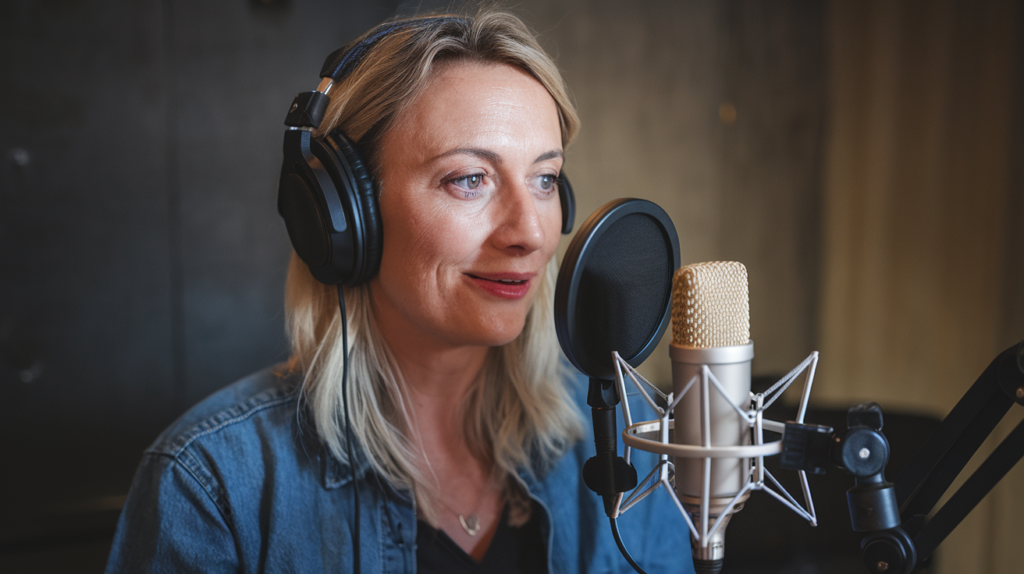Marseille, a vibrant port city in southern France, boasts a unique linguistic flavor that sets it apart from other regions. The local French spoken here is infused with influences from its diverse cultural heritage, reflecting the city’s rich history and cosmopolitan character. As you stroll through its bustling streets, you’ll notice distinct accents and expressions that make Marseille’s French truly one-of-a-kind.
In this article, you’ll discover how the dialect varies not just in pronunciation but also in vocabulary and idiomatic expressions. From the melodic lilt of the accent to the colorful slang used by locals, understanding these nuances will enhance your appreciation of this dynamic city. Whether you’re planning a visit or simply curious about regional differences in language, exploring Marseille’s French offers an intriguing glimpse into its identity.
Key Takeaways
- Distinct Linguistic Flavor: Marseille French is uniquely characterized by its strong intonation, unique vowel sounds, and vibrant accents that differ significantly from standard Parisian French.
- Cultural Influences: The dialect reflects Marseille’s diverse cultural heritage, incorporating vocabulary and expressions influenced by Provençal and various immigrant languages, including Italian, Arabic, and Spanish.
- Local Vocabulary: Familiar terms like “patois” (regional slang) and “pichoun” (small child) highlight the distinctive local lexicon that enriches everyday conversations in Marseille.
- Historical Context: The city’s strategic port location has fostered historical trade connections that contribute to the evolution of its language over time.
- Grammatical Variations: Unique grammatical structures in casual speech, such as dropping articles, are prevalent in Marseille French and add to its authenticity.
- Impact on Voiceover Work: Understanding these regional nuances is essential for voiceover artists aiming for authenticity when representing characters or narratives rooted in Marseille’s rich linguistic landscape.
Overview of French Dialects
French dialects vary significantly across regions, reflecting local history and culture. Marseille’s French features distinct phonetic traits, vocabulary, and expressions that set it apart from other areas in France.
Regional Variations
- Accent: The accent in Marseille is characterized by a strong intonation and unique vowel sounds. You’ll notice more pronounced syllables compared to the standard Parisian accent.
- Vocabulary: Local terms often derive from Provençal, showcasing a blend of languages influenced by Mediterranean cultures. You might hear words like “patois,” which refers to regional slang or dialect.
- Idiomatic Expressions: Phrases in Marseille can differ greatly from those used in northern regions. Expressions may include references specific to local life and customs.
- Immigrant Communities: Diverse immigrant groups have contributed to the linguistic landscape of Marseille, introducing new words and phrases into everyday speech.
- Historical Context: Historical trade connections have brought various influences to the local language, making it rich with borrowed terms from Italian, Arabic, and Spanish.
Understanding these nuances enhances your ability to appreciate not only the language but also the vibrant culture of Marseille itself. Familiarity with regional dialects can be beneficial for voiceover artists aiming for authenticity when representing characters or narratives rooted in this area’s unique heritage.
Historical Influences on Marseille French
Marseille French reflects a rich tapestry of historical influences that shape its unique character. The city’s strategic location as a port has fostered interactions with various cultures, resulting in a distinctive dialect.
Regional Language Evolution
Regional language evolution in Marseille stems from its diverse population and trade connections. Over centuries, contact with Italian, Arabic, and Spanish merchants introduced new vocabulary and phonetic nuances. This linguistic blending creates a distinct accent characterized by particular intonations and vowel sounds not found in other regions of France. As you explore Marseille’s streets, you’ll notice how this evolving language mirrors the city’s dynamic history.
Cultural Exchange and Its Impact
Cultural exchange significantly impacts the local dialect. Immigrant communities contribute to an enriched linguistic landscape by incorporating words and expressions from their native languages into everyday speech. This fusion results in idiomatic expressions unique to Marseille. Understanding these cultural layers enhances your appreciation for the city’s vibrant heritage, vital for voice artists aiming for authenticity in their work when capturing the essence of Marseille French.
Key Differences from Other French Dialects
Marseille’s French dialect exhibits unique characteristics that distinguish it from other regional varieties. Understanding these differences can enhance your appreciation of the language, especially if you’re looking to engage with voiceover talent familiar with this vibrant accent.
Pronunciation Variations
Pronunciation in Marseille showcases distinct phonetic traits. You’ll notice strong intonation patterns and unique vowel sounds that set it apart. For example, the letter “o” often takes on a rounded quality, differing from standard French pronunciation. This specific accent may present challenges for those unfamiliar with it but offers rich authenticity for voice actors seeking to capture local nuances.
Vocabulary Distinctions
Local vocabulary in Marseille incorporates terms influenced by Provençal and various immigrant languages. Expect to encounter words like “pichoun” (meaning small child) or “boulanger” (baker), which may not appear in standard French usage. Such distinctions enrich conversations and provide depth for voice artists aiming to convey genuine regional expressions.
Grammatical Characteristics
Grammatical structures in Marseille also reveal interesting variations from standard French. You might find different usages of articles or prepositions, reflecting local speech patterns. For instance, dropping certain articles is common in casual conversation, impacting how sentences are constructed. Familiarity with these grammatical nuances helps voiceover actors deliver lines more authentically, resonating well with local audiences.
Understanding these key differences enhances your ability to appreciate and master the unique qualities of Marseille’s dialect, whether you’re engaging as a client seeking talented voice artists or pursuing projects requiring regional authenticity.
The Influence of Immigration on Marseille French
Marseille’s French is deeply shaped by the city’s rich tapestry of cultures and immigrant communities. This influence creates a unique linguistic environment that distinguishes it from other regional dialects.
Contribution of Various Cultures
Various cultures contribute to the vibrant linguistic landscape in Marseille. Immigrant groups from North Africa, Italy, and Spain bring their languages and customs, enriching local expressions and vocabulary. For example, Arabic phrases frequently appear in everyday conversations, showcasing how these communities integrate their heritage into daily life. It’s not uncommon for you to hear blends of Italian or Spanish terms that enhance communication among locals. Such cultural contributions shape an accent that reflects Marseille’s dynamic identity.
Integration of Loanwords
Loanwords play a significant role in defining Marseille French. Words borrowed from Provençal as well as immigrant languages are common, adding depth and variety to everyday speech. Terms like “mistral” (a strong wind) showcase local specificity while words derived from Arabic or Italian provide context for the city’s diverse population. Understanding these loanwords can help voice actors accurately portray authentic dialogues in various projects set in this region. Recognizing the nuances within Marseille’s unique vocabulary enhances your ability to convey genuine emotions, making performances resonate with audiences familiar with this distinct dialect.
Conclusion
Marseille’s French stands out for its vibrant mix of accents and vocabulary shaped by rich cultural influences. The blend of Provençal roots with words from immigrant communities creates a unique linguistic experience that reflects the city’s dynamic identity.
For anyone looking to appreciate or understand this regional dialect, it’s essential to recognize the nuances that set it apart from other forms of French. Whether you’re visiting Marseille or exploring its language for artistic purposes, you’ll find an authenticity in its speech that’s both captivating and enlightening. Embracing these differences not only enhances your understanding but also deepens your connection to this lively port city.
Frequently Asked Questions
What is unique about the French dialect spoken in Marseille?
The Marseille dialect features distinct phonetic traits, strong intonation, and unique vowel sounds. It incorporates vocabulary influenced by Provençal and terms from immigrant communities, reflecting the city’s diverse cultural heritage.
How has immigration affected the language in Marseille?
Immigration has significantly enriched Marseille’s linguistic landscape by introducing new words and phrases from various cultures, especially North African, Italian, and Spanish. This blending creates a vibrant mix of languages that shapes local speech.
What are some key characteristics of Marseille’s accent?
Marseille’s accent is marked by strong intonation patterns and specific vowel sounds, such as a rounded “o.” These features can be challenging for newcomers but provide an authentic sound for voice actors.
Are there differences between Marseille French and standard French?
Yes, there are notable differences including pronunciation variations, vocabulary distinctions from Provençal and immigrant languages, as well as grammatical structures where articles may be casually dropped in conversation.
Why should voice actors learn about Marseille’s dialect?
For voice actors aiming to portray authentic dialogues set in Marseille, understanding its unique expressions and loanwords is crucial. It enhances their ability to convey genuine emotions that resonate with audiences familiar with this dialect.






